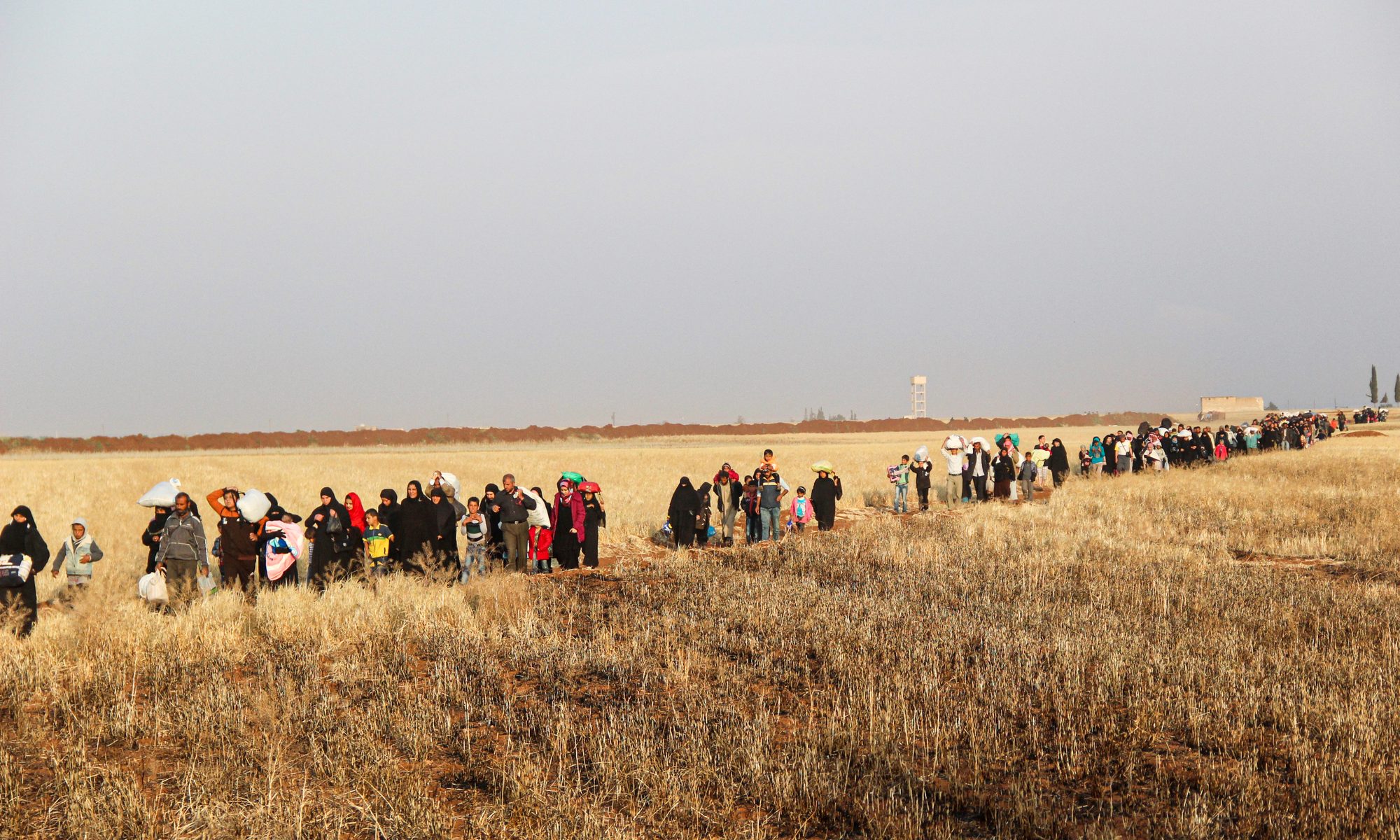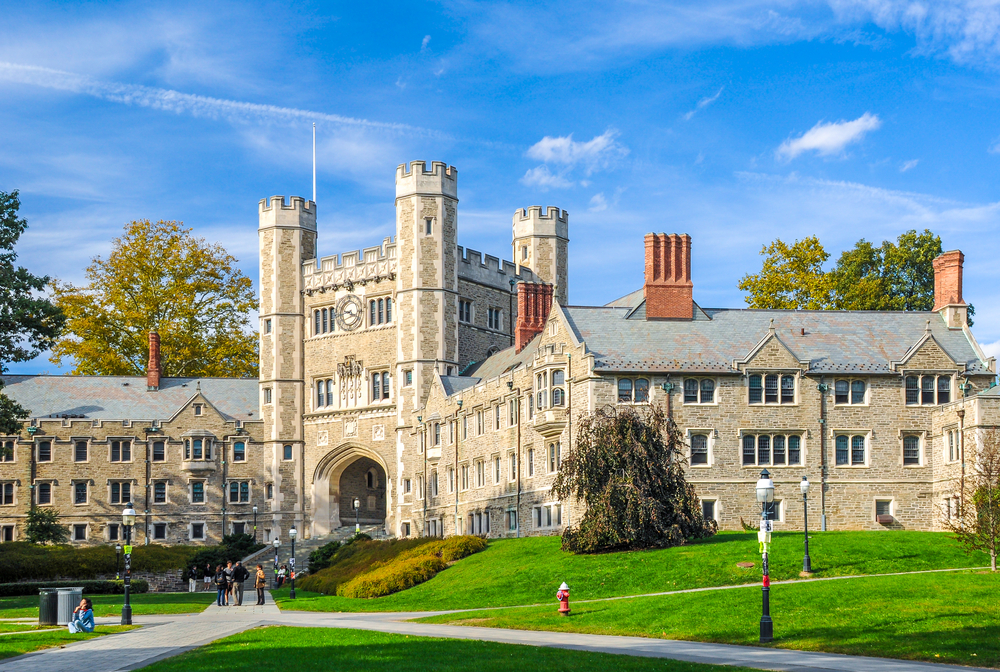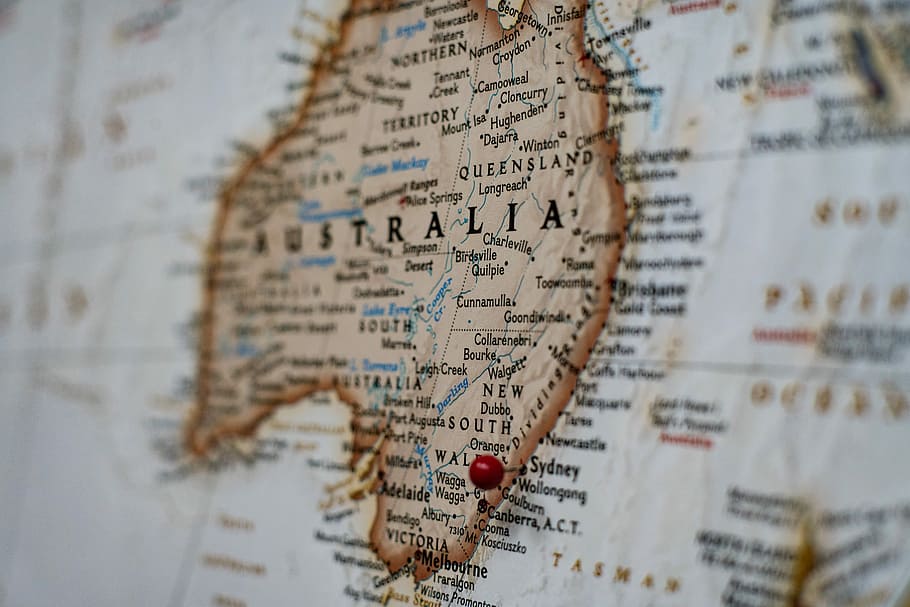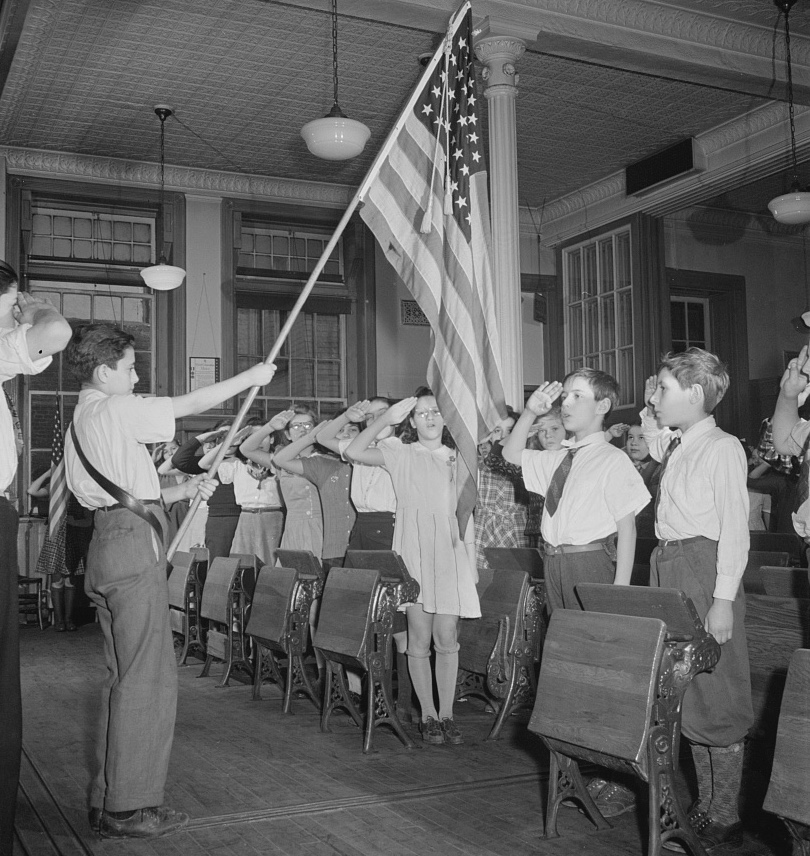In a previous article on the Post, Evan Arnett considers whether the U.S. might be morally obligated to admit more asylum seekers. This follows recent Biden administration policies which place greater restrictions on who can be granted asylum. Ultimately, Arnett concludes that the human rights of asylum seekers deserve priority in our decision making, so our policies cannot merely rely on cost-benefit analysis.
Arnett’s argument raises an important consideration which public discussions often overlook. Morally speaking, we may often owe someone aid even if providing this aid ultimately comes at some cost to ourselves. Doing the right thing may often require a sacrifice.
When considering the morality of our immigration policies, however, we should probe even deeper. We ought to consider the human rights of asylum seekers, yes. But we should also consider the historical context of how their plight arose. This investigation may dramatically shift our answers to both who owes aid and how much aid is owed.
Consider this example. A friend and I, driving separate cars, come across a stranded driver on the roadside. Unfortunately, she blew out a tire and lacks a spare. Further, there is no cell phone service, so we cannot call a tow truck. Fortunately, my friend and I are able to tow her vehicle. Who should help the stranded driver? One of us should but it is unclear who. Perhaps we should flip a coin.
But let’s change some details. Suppose that I was hauling several pieces of furniture down this road yesterday. One fell out during my trip, but I only realized this after reaching my destination. The stranded driver mentions that her tire blew out when she hit a piece of furniture she could not avoid. Presumably, it was the piece that fell from my car.
It seems like the history of this situation changes who should help the driver. Since I caused her problem, I should be the one to help her, or at least make a bigger sacrifice than my friend in helping her.
It is a basic principle of justice that when someone creates a problem, one has a greater duty to resolve it. If one cannot resolve the problem themselves, they ought to contribute more than others who did not play the same causal role. This principle often emerges in the context of climate justice debates under the name the “polluter pays principle.” For our purposes, let us call it the “restoration principle” – the idea that when your actions play a contributory role to harming someone, you have an obligation to aid them even if this comes at some cost.
Why does the restoration principle matter to immigration and asylum seeking? To demonstrate this, we must first consider the nations from which those seeking asylum in the U.S. flee. According to the U.S. Department of Homeland Security, of the five most common points of origin for refugees who entered the U.S. between 2020 and 2022, 24.2% arrived from the Congo, 17.8% from Burma, 16.3% from Ukraine and 5.1% from Afghanistan. But an important distinction is necessary here. A refugee is someone who has been legally approved for entry, while an asylum seeker is still seeking approval. When we consider asylum seekers, a different pattern emerges. The five most common points of origin from 2020-2022 were as follows: 24.2% from Venezuela, 9% from Guatemala, 6.5% from Honduras, 5.8% from El Salvador and 5.4% from Haiti. The difference is striking. Of the five most common points of origin for asylum seekers, only El Salvador and Guatemala are in the top ten for most common points of origin for refugees. Thus, although asylum seekers from these nations are most common, they are rarely admitted.
Do we have moral reason to change these policies? As the stranded driver example suggests, the history of one’s relationship to the harmed individual shapes one’s duty to aid. We should thus consider the (at least recent) history between the U.S. and nations from which asylum seekers most frequently originate.
I can’t recount the history of the U.S.’s relationships with all five of these nations in a single article. Instead, let us investigate a bit about recent history between the U.S. and Venezuela – currently the most common origin point of asylum seekers arriving. (I do, however, strongly encourage you to look further into the U.S.’s foreign policy towards Guatemala, Honduras, El Salvador and Haiti.)
Following the death of long-time leader Hugo Chávez, Nicholas Maduro was narrowly elected president of Venezuela in 2013. But in 2014 Venezuela rapidly fell into an economic crisis. Chávez maintained popularity during his presidency through numerous social welfare programs funded by the nation’s publicly owned massive oil reserves. But when the price of oil plummeted in 2014, the Venezuelan government’s refusal to reduce their budget deficit led to hyperinflation – inflation has at least doubled every year since 2014. In 2015, Maduro was granted the power to rule via decree, purportedly to enable him to take swift measures to address the economy. Maduro has held this power ever since. In 2017, Maduro called for an election to determine who would serve as members of the constituent assembly tasked with rewriting the Venezuelan constitution. But at least one company involved in administering the election claims the results were falsified. Since then, Maduro has solidified his base of power within the government and maintained tight control over Venezuela.
Today, the Venezuelan people live in crisis. According to Human Rights Watch, as of 2023, over 72% of the population are unable to access public health services, and 65% have lost their means of livelihood. Leaders of opposition groups are often declared ineligible to run for office, and the Supreme Court has appointed those amenable to Maduro as leaders of formally-recognized opposition parties. Further, political opponents are routinely jailed, and pro-government groups have been accused of torturing, and even executing, dissidents. Additionally, Maduro’s government has begun to encroach territory controlled by neighboring Guyana, sparking fears of armed conflict.
In an effort to oust Maduro, the U.S. government began to exercise significant economic pressure under the Trump administration, implementing a set of economic sanctions against the Venezuelan government and those who do business with it. Although the Biden administration lifted some sanctions in hopes of encouraging free elections, they reimposed sanctions on the state mining company in January and the state oil company in April. These sanctions, however, may have exacerbated the present crisis. Although the sanctions included humanitarian exceptions, the damage done to the Venezuelan economy likely made it more difficult for the most vulnerable citizens to meet their basic needs. Michelle Bachelet, the UN Human Rights Chief, spoke out against the sanctions, claiming that they worsened the human rights situation in Venezuela. Historian Marc Becker argues that the sanctions imposed by the Trump administration were intentionally designed to create desperation in the populace, in order to spark revolution. So, there’s a plausible case to be made that U.S. actions harmed the citizens of Venezuela by contributing to the situation from which many are fleeing. While these policies did not create their plight, they very well may have worsened it.
Of course, my claim here is not that these sanctions were unjustified or inappropriate. One might think that the sanctions were, in fact, justified but nonetheless failed to achieve their goal and, as a result, produced worse outcomes. To use an old adage, the road to hell is paved with good intentions.
So, what does this relationship between Venezuela and the U.S. imply for asylum seekers? As argued earlier, the restoration principle holds that when your actions contribute to harm that another is experiencing, you have a greater duty to aid them. Given the restoration principle, and the contributions U.S. policy has made to the plight of Venezuelan citizens, we have powerful reason to believe that current U.S. policy regarding asylum seekers falls short of the standard we ought to meet. According to the DHS data cited earlier, over 80 thousand Venezuelans sought asylum in the U.S. in 2022 alone; fewer than 500 were admitted. The principle of restoration implies that we should be doing far more to aid those fleeing Venezuela than we currently are, even if doing so comes at some sacrifice to us.
Yet this argument need not imply that every asylum seeker must be admitted. Indeed, there are many practical factors to consider – what resources we have available, how these asylum seekers can be best integrated into their local communities, and how they can be enabled to flourish in the U.S. – that may determine how many seekers can be admitted. Regardless, the moral calculus ought not be limited to just these facts. We should also aim to fulfill the duties of restoration that we have towards asylum seekers, given the historical role of American policy in contributing to their plight. What we owe to others depends, in part, on how our choices have affected them in the past.





